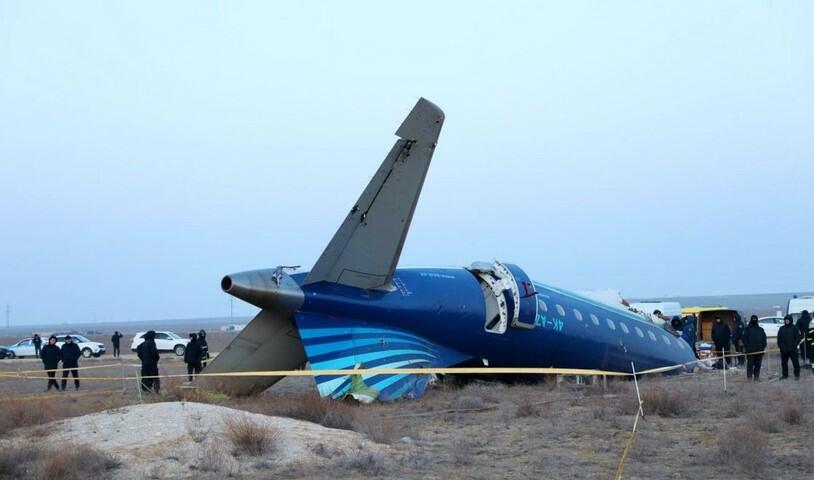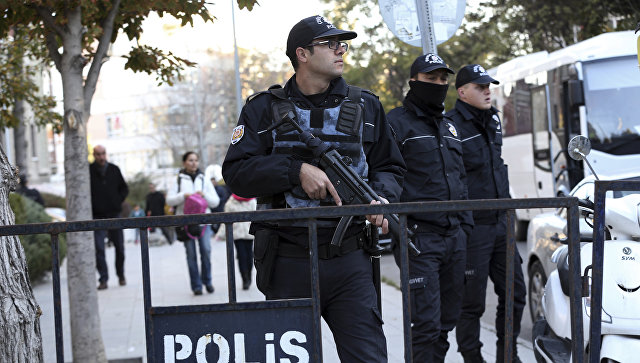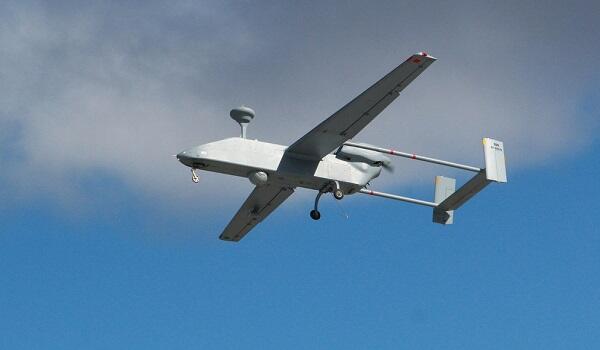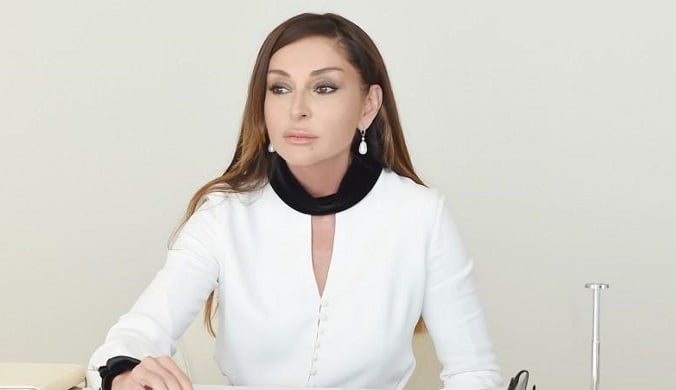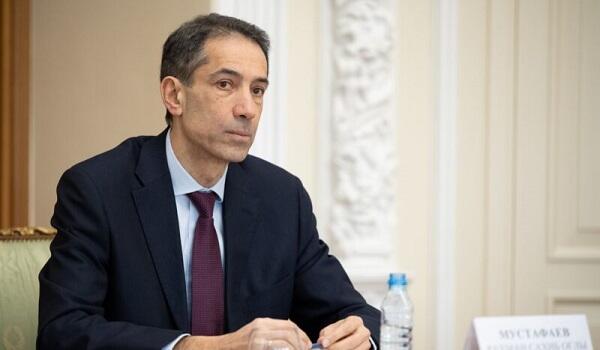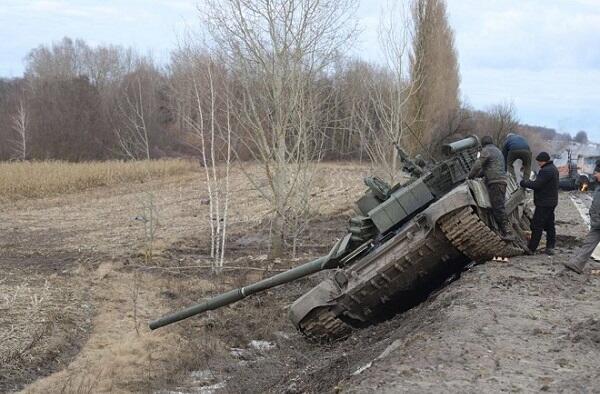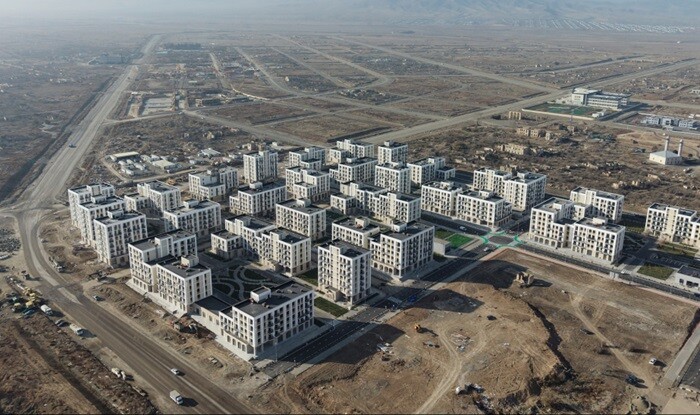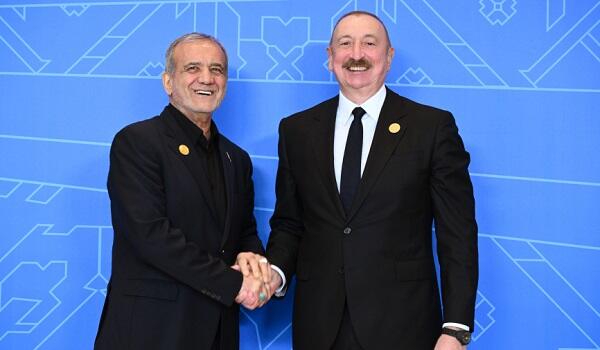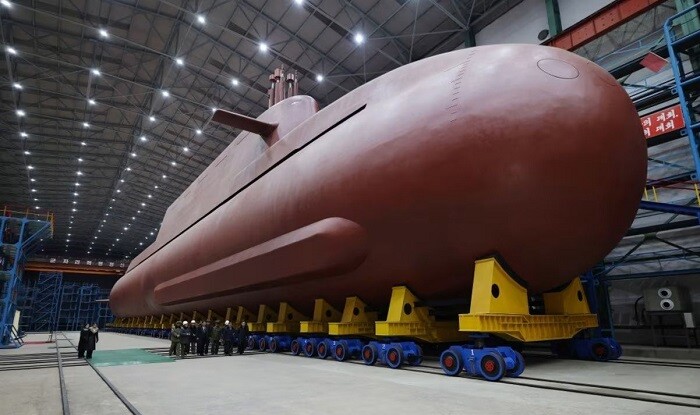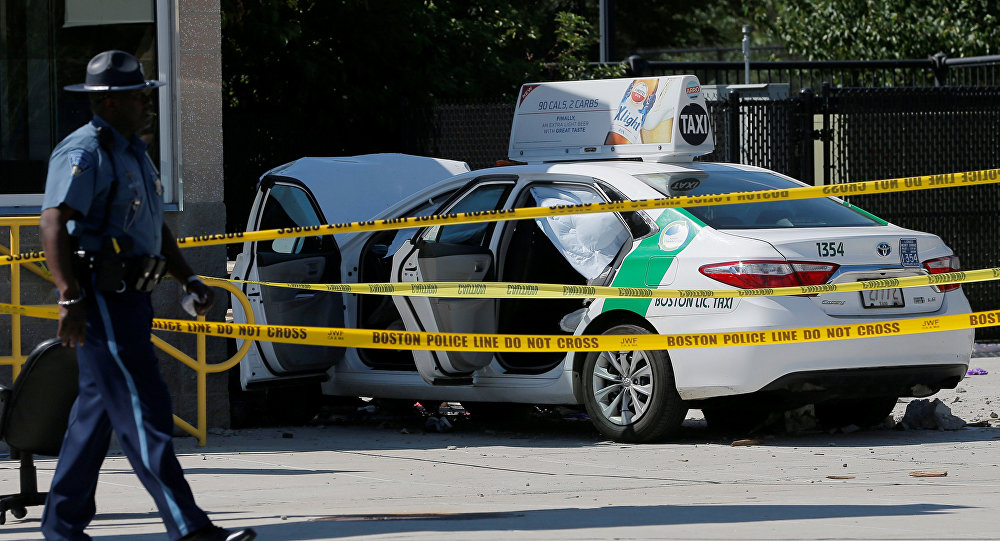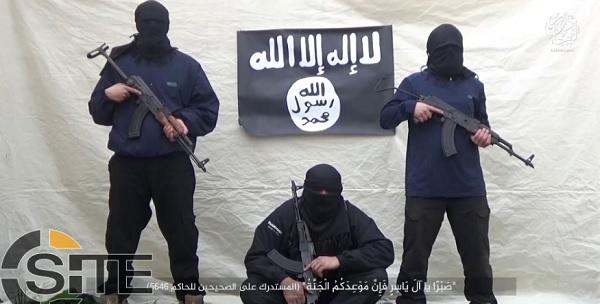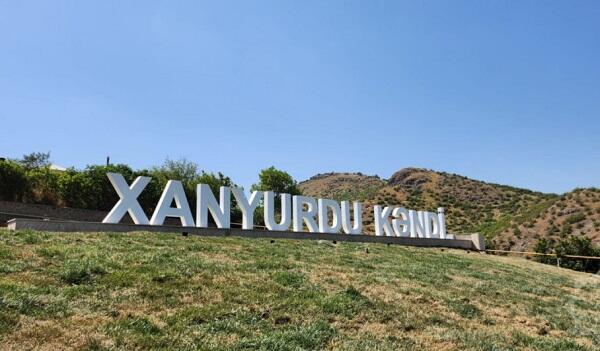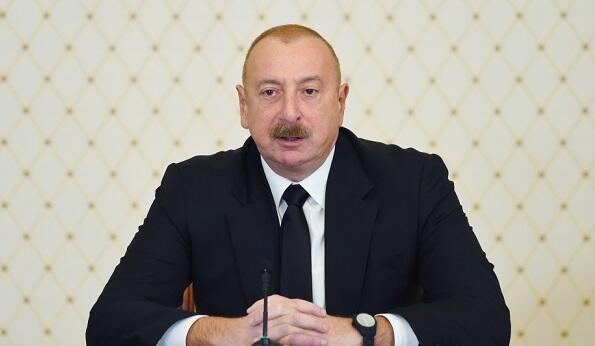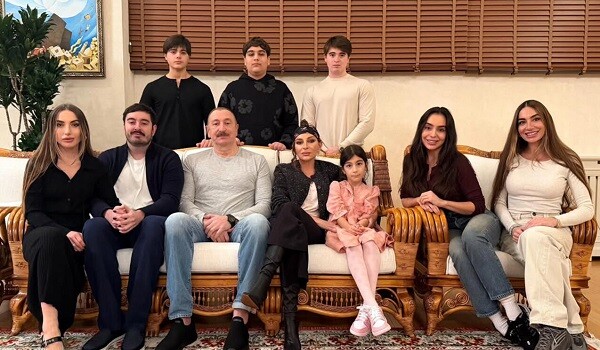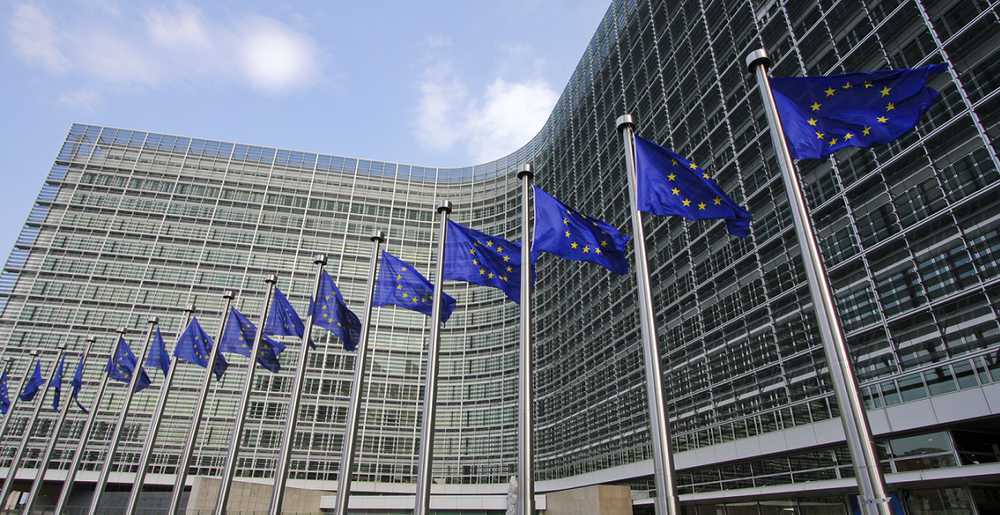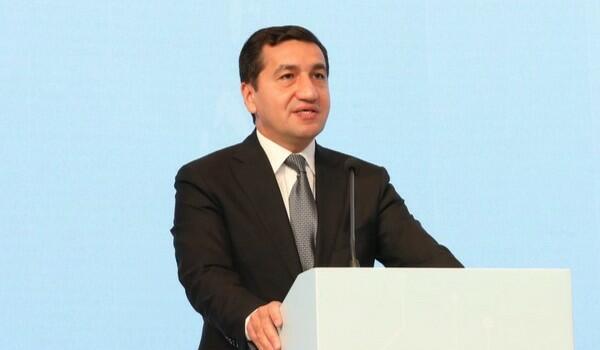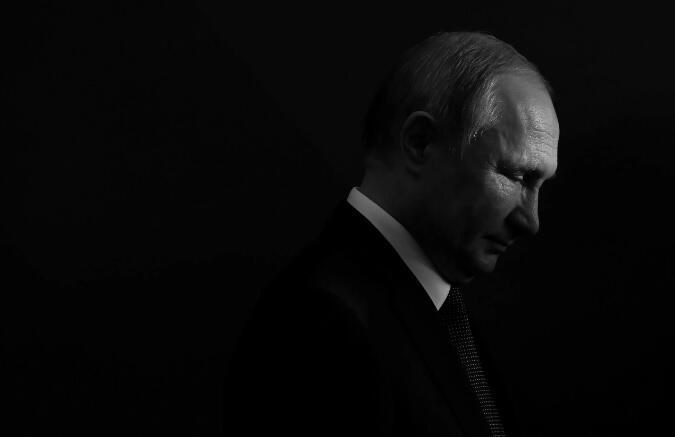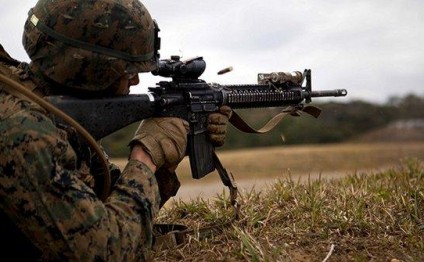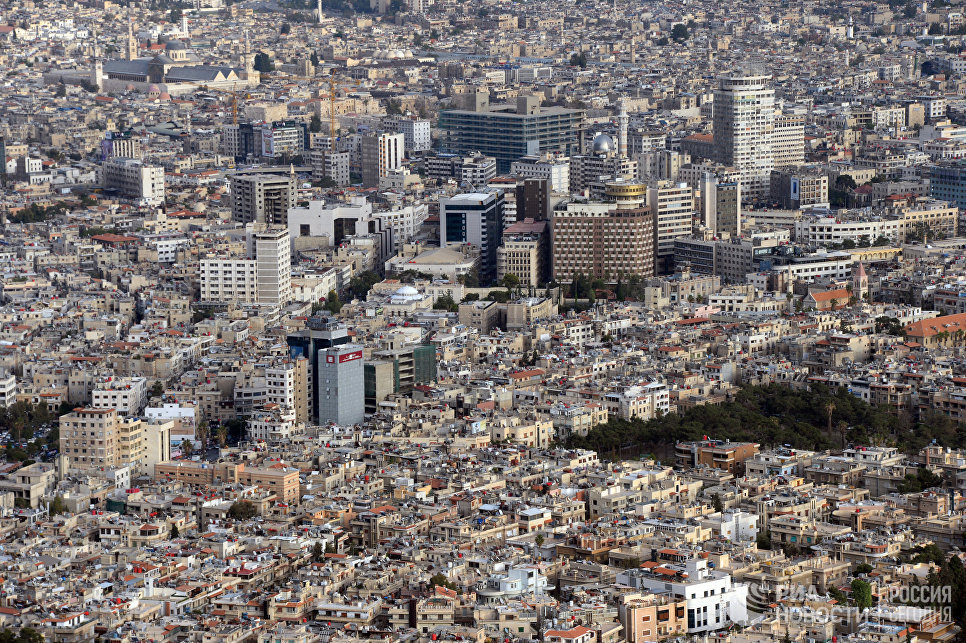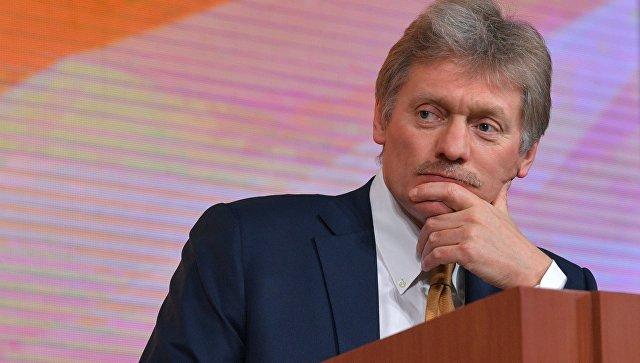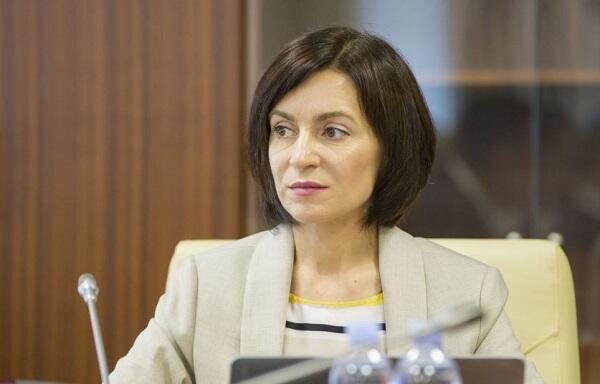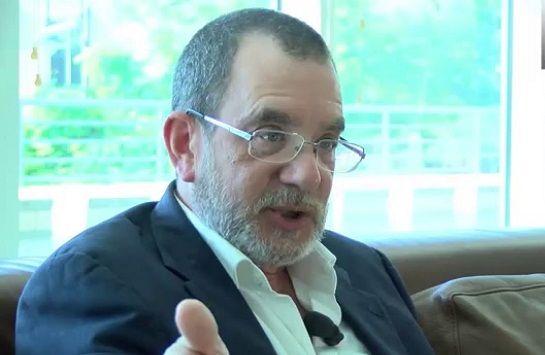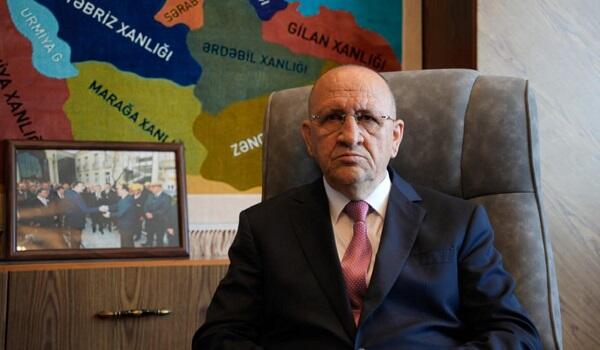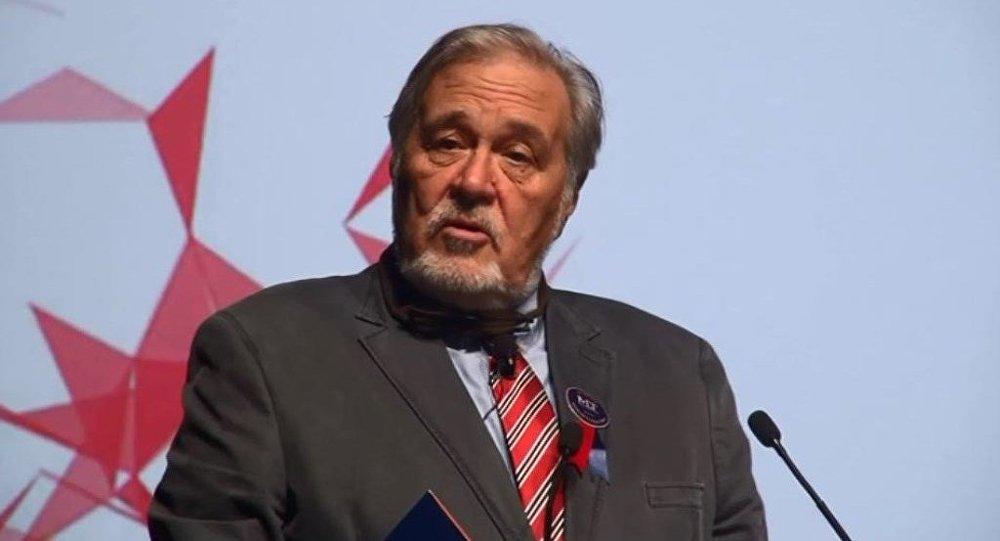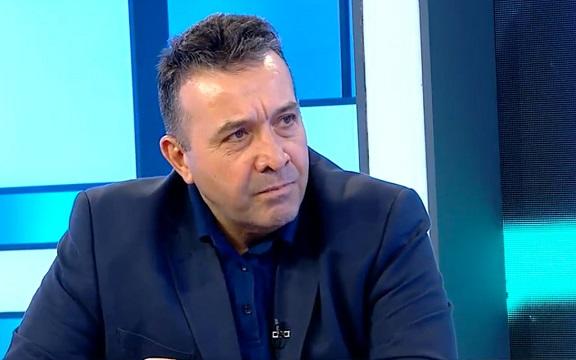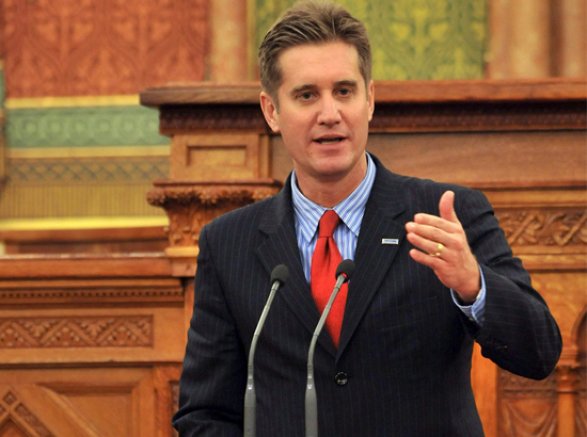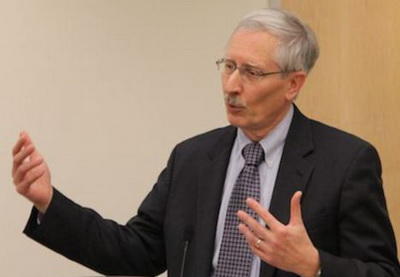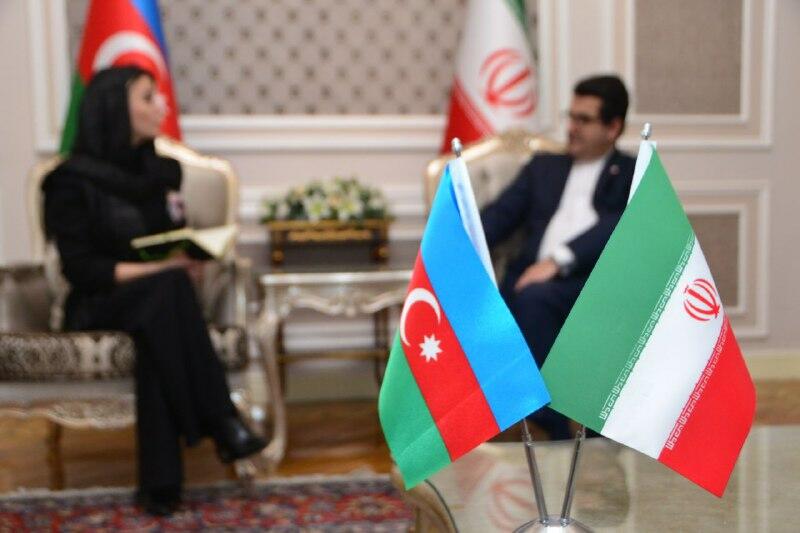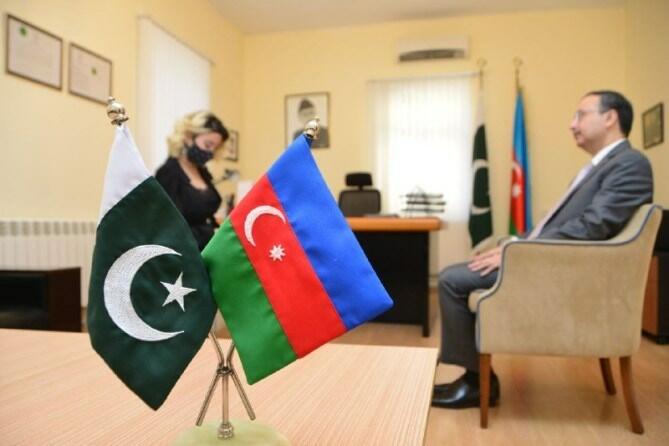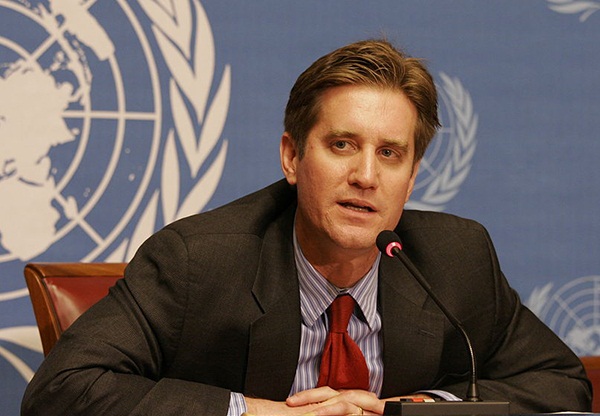Analyst on the Middle East and Senior Advisor at Gulf State Analytics Dr. Theodore Karasik told to Axar.az about the relations of Iran, Turkey and Russia in the South Caucasus:
"Turkey sees itself as a Sunni node of power and it's formulating its foreign policy in this manner.
Moscow’s military build-up in Crimea and power projection across the Black Sea has increased Ankara’s reliance on the North Atlantic Treaty Organization (NATO) in that region even as Turkey’s relations with Western powers undergo their continued rhetorical match.
Russia-Turkey competition in the Caucasus adds layers of risk to hostility between Armenia and Azerbaijan. That Moscow and Ankara would work to resolve regional conflicts appears to possibly be influx regarding third-party issues. Their recent rapprochement could serve to calm flashpoints, or at least mitigate the risk of flare-ups.
In the Caucasus, too, Russian and Turkish interests collide. To be clear Russia and Turkey back opposing sides of the Armenia-Azerbaijan conflict over Nagorno-Karabakh: Moscow has a defense pact with Yerevan (though in practice arms both sides); Ankara has a strategic partnership and mutual support agreement with Baku. The United States does fit into this picture by providing channels for deconfliction but also is specifically targeting Armenia Azerbaijan and Georgia and larger geoeconomic picture. Of course, the situation now is very testy but we have to remember that the crossroads of Empire have always impacted the Caucasus".


